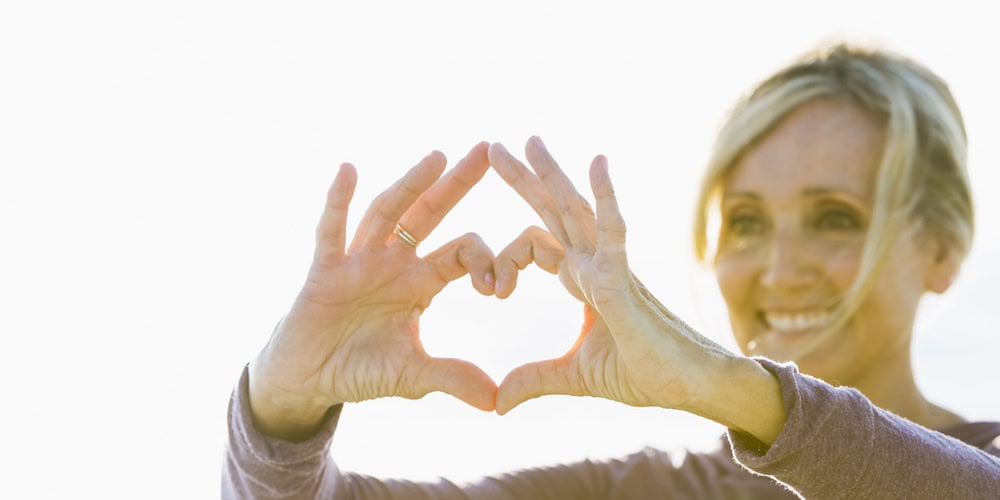“Though prior studies have shown that happier people tend to have better cardiovascular health and immune-system responses than their less happy counterparts,” said Professor Kostadin Kushlev from Georgetown University’s Department of Psychology, one of the authors of the paper.
“Our research is one of the first randomised controlled trials to suggest that increasing the psychological well-being even of generally healthy adults can have benefits to their physical health.”
Over the course of six months, Kushlev and his colleagues examined how improving the subjective well-being of people who were not hospitalised or otherwise undergoing medical treatment affected their physical health.
A group of 155 adults between the ages of 25 and 75 were randomly assigned either to a wait-list control condition or a 12-week positive psychological program.
The program, called Enduring Happiness and Continued Self-Enhancement (ENHANCE), consisted of weekly modules that covered personal values, strengths, goals, emotion regulation, mindfulness, maladaptive patterns of thinking, and techniques to cultivate gratitude, positive social interactions and community engagement.
Each module featured an hour-long lesson with information and exercises; a weekly writing assignment, such as journaling; and an active behavioural component, such as guided meditation.
Participants who participated in the program reported increasing levels of subjective well-being over the course of the 12-weeks.
They also reported fewer sick days than control participants throughout the program and 3 months after it ended.




